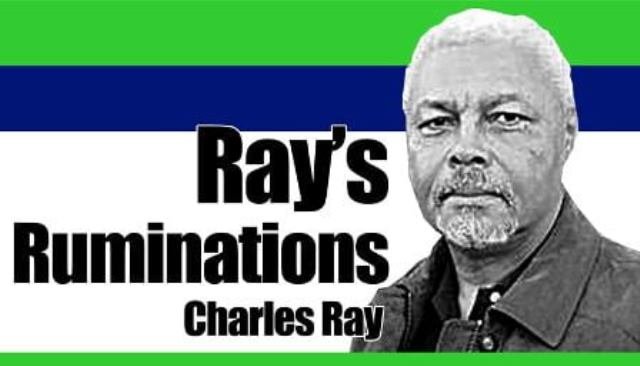
People bent on breaking the law have been with us since before the first laws against stealing were enacted. They were, in fact, the reason we have such laws. But is it me, or have we been victim to a geometric increase in such miscreants in the past three years?
In conversations with some of my colleagues recently about what appears to be a significant increase in email scams, someone said that they thought the isolation caused by the COVID-19 pandemic was to blame. That might or might not be the case, and maybe someone will do a study to prove or disprove it, but anecdotally I did notice an increase in the enticements landing in my email inbox since the beginning of 2021.
There were, of course, the usual emails describing a ‘lost fortune’ that required my help to recover and all I had to do was provide my bank information to the sender. I’ve often wondered how anyone could fall for these. They are rife with misspellings and tortured grammar, and the phrasing is clearly someone for whom English is a second (and not very well learned) language.
Some of the new confidence schemes, though, have been quite sophisticated. They’ve included such things as a legitimate looking invoice that is debiting your PayPal account for goods or services, sometimes for quite significant sums. I’ve never been sure how these are supposed to work, because all you have to do is go to your PayPal account (not by clicking on the link on the email, though) and checking if such an invoice appears. Chances are it won’t. The next thing you do is forward the email to phishing@paypal.com and then immediately delete it and all references to it from your email inbox. A more sophisticated assault on PayPal is the purchase of Bitcoin. I actually had such an invoice appear in my PayPal account (which I immediately blocked), which might have been paid if I didn’t check my account at least twice a week.
If you’re not careful, though, you can still become a victim. Even a suspicious minded person like yours truly can get conned. I once saw an online contest with the prize being a portable vacuum cleaner, and out of curiosity I entered. When I was notified that I’d won and only had to pay $5.00 shipping to get my prize, without giving it a second thought I charged the five bucks to my credit card. When I didn’t receive my prize after three weeks, but noticed the charge appearing on my credit card bill from an address in Florida, warning bells went off. Then, a month later, when I still hadn’t received the vacuum cleaner and there were three more—much higher—charges on my credit card bill from companies with similar names, but located in Florida, Delaware, and Wyoming, I knew that something was amiss. I did some internet research and found that this particular scam was not only sophisticated, but wide ranging. There were two professional looking web sites and even a company registration in Wyoming. It all looked legit until I dug deeper and found that the addresses were apartment buildings, the phone numbers were being routed through computers, and the company registration address was a vacant lot. I got in touch with my credit card company and the attorneys general of the states involved, and a criminal case was opened. I got all my credit card charges reversed and I imagine the perpetrators are busy now changing addresses and booking travel to countries with no extradition treaties with the US.
This is just to show you that anyone can be a victim, but there are ways to get around it. There are also ways to avoid it in the first place. First of all, if a deal sounds too good to be true, chances are it isn’t true. Secondly, do research before giving out credit card information and NEVER give out bank information. You can cancel a credit card and get a new one. A bank account that’s been cleaned out is just that, and is harder to replace.
The old Latin phrase, caveat emptor, buyer beware, has never been truer than it is today. I don’t know where all the con artists are coming from, but they’re out there in force these days. – NWI



